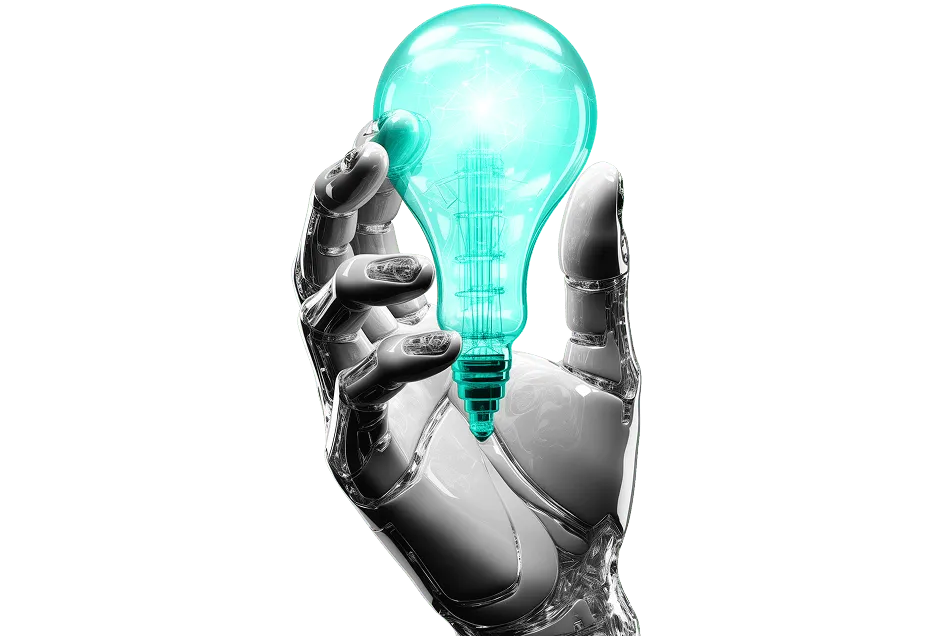Navigating the Evolving Landscape of AI at the Workplace: Insights and Observations
Noam Chomsky, a linguistics professor and well-known cognitive scientist, wrote n opinion column in NY Times on March 08th, 2023, that took the AI world by storm. In essence, Chomsky expressed that the predictions of machine learning systems can be superficial and dubious. Chomsky reasons that the rules and the syntax are far more complex. The example cited is from an example statement, “John is too stubborn to talk to” the machine may predict that John is so stubborn that he will not talk to someone (rather than John is too stubborn to be reasoned with). The syntax in languages has an underlying cognition that may be missed. Chomsky’s paper also questioned the morality of the intelligence generated by AI. There are several counterarguments to this paper.
As HR leaders, it brings us to think about a topic we are very familiar with. With technologies like Generative AI, the soft skills library need to be revisited. The biggest skill that is emerging in Responsible AI frameworks is Conscientiousness. I asked ChatGPT what Conscientiousness is, and the definition is fairly accurate. Conscientiousness is a personality trait that refers to a person’s tendency to be diligent, responsible, and reliable.
Conscientiousness and neuroticism are nearly as predictive as cognitive ability in terms of job performance and wages (Almlund et al., 2011). Interestingly, the importance of IQ increases with job complexity (Schmidt & Hunter,2004), but the importance of Conscientiousness remains mostly stable regardless of complexity (Barrick & Mount, 1991). Therefore, Conscientiousness may be even more impactful across job types (Almlund et al., 2011) and theoretically grows in importance if technology were to reduce the complexity of an occupation. (this statement is derived from a dissertation work by David Todd Harmon, Rossier School of Education at the University of Southern California).
Naom Chomsky’s article says that we should expect that AI will miss certain aspects of cognition and specificity. This weakness is not necessarily a negative view of AI. It is important to understand this. Let us look at the knowledge taxonomy. Skills can be organized into four categories
Factual – Knowledge of terminology, knowledge of specific details
Conceptual – Knowledge of classifications, theories, and models
Procedural – Knowledge of Subject-specific skills and methods
Metacognitive – Strategic Knowledge, Appropriate Context Setting
(this is a classification developed by D. R. Krathwohl and L. W. Anderson)
Enterprises operate in the Procedural and Metacognitive zone where AI is still limited. This is why the copilot model is more a reality, and we can put humans at ease on why Generative AI is more an opportunity than a threat (we would have to learn different skills, but AI is not a peril to all human jobs)
In light of all this, the following are the labor market dimensions we observe
- Companies are starting to embrace work from home more in the last few weeks after the push to get back to office 100% is met with some resistance from employees. This trend also could be because companies expect diversity in skill sets required as they think about integrating newer technologies
- It is not just AI. It has to be Responsible and Ethical. As a result, a new emphasis on soft skills is emerging.
- Rapid Migration to Skills Architecture: We can bring in skilled specialists as a contract workforce if we develop the right AI frameworks. One area where there is an uptick in the contract workforce is Prompt Engineering. The responsibilities of the Prompt Engineer are to design the right templates and processes, and inputs to get maximum output from Generative AI
- Maturity in dealing with SaaS applications: Organizations buy many SaaS applications, many of which have low code/no code capabilities. But no cohesive frameworks exist to take advantage of all the datasets/workflows. With Specific AI, this may change. A key competitive advantage will be how all these tools/datasets work in a specific environment. A new set of skills will come into play
- Cross Collaboration across Job families: One of the biggest advantages of generative AI to organizations is eliminating siloed approaches and working with technology as one unit. The technology won’t just belong to Software Developers. The inputs and efforts from different job families can go into Tech, and Enterprise as a whole can transform. Here is an example of that
- A front-line manager notices a gap in the Inventory systems reordering as a popular product is not available
- Through a generative AI chatbot, the manager can alert this through images and also assign importance to the product and provide a language commentary
- The ERP team picks up this signal, and a response on how the algorithm will be tweaked is sent through the chatbot
- All done through mobile Specific AI Chatbot developed for the store.
- There is now a direct link between floor managers and the technical team
- Over time such adjustments, the managers can make where the algorithm matures to approve based on criteria set by the org. The floor manager feels empowered and also feels like a technologist
- Regardless of the industry, the following table shows the various algorithms and data governance skills that are expected to become important











.svg)





















.svg)





.svg)
